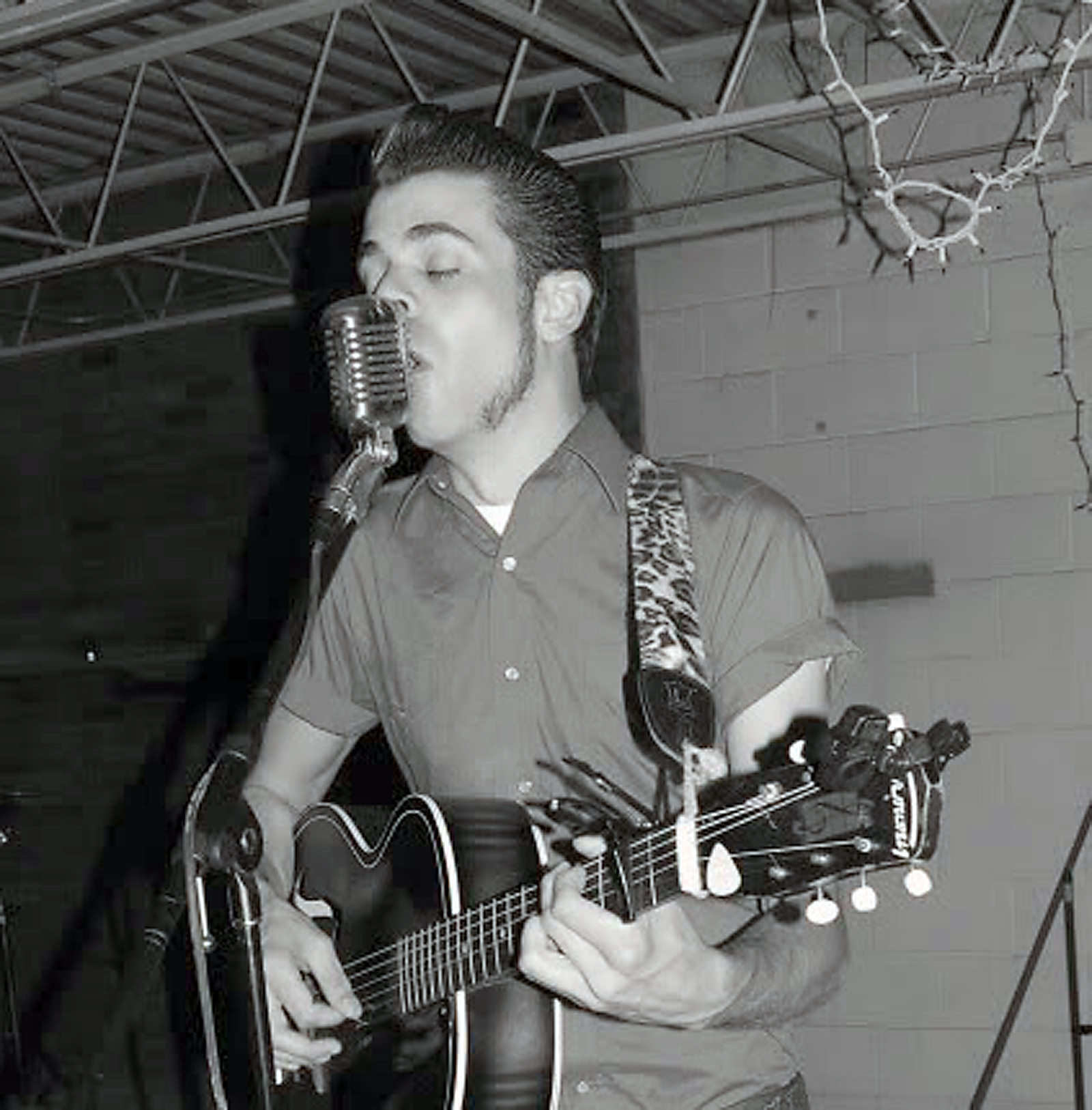Lowndes BOE hears concerns over new bus routes
Published 4:57 am Tuesday, December 6, 2005
VALDOSTA — While the Lowndes County School Board has been working to correct problems with the new bus routes, members hope to have all issues resolved within two weeks.
Safety on the new bus routes was one of several concerns voiced by parents and guardians during the Lowndes County School Board work session meeting Tuesday night.
Superintendent Dr. Steve Smith stood in front of a crowd of about 150 parents, guardians and teachers with board members seated behind him and heard questions and suggestions offered by the people in attendance.
Parents asked Smith why their elementary student had to catch his or her bus near busy, dangerous roads such as the Madison Highway or Bemiss Road when, prior to the routes being changed, that student was picked up at his or her home.
Smith encouraged each person to write down the concern and hand it in to him. He assured parents and guardians their concerns would be addressed.
Smith said safety was the No. 1 concern in making up the new routes and it would be the number one concern with correcting the problems.
Other parents said the change in the routes has caused conflicts with their work schedule and created a need for afterschool child care.
Smith said two of the seven elementary schools do not provide on-site afterschool child care, and the board was working on a solution to the problem.
The YMCA Prime Time program is not available at Clyattville Elementary School or Lake Park Elementary School.
To alleviate the problem, Smith said a “rough plan” was under consideration to use school staff, Valdosta State University students or high school apprenticeship students to provide on-site afterschool care at those elementary schools.
One person suggested allowing the students to gather at one house and be picked up from there.
Still, other parents wondered why the routes were changed in the first place.
Smith gave several reasons for the route changes. They are the following:
l Disciplinary problems on the elementary campuses and on buses. Therefore, the Lowndes Department of Transportation eliminated transfer points.
l The need to reevaluate the basic transportation framework
The old routes had been in place for a number of years.
l Budget concerns
The school system runs the transportation budget off of two-thirds of what it ran off of five years ago because of state funding cuts, Smith said.
l Length of school day
l Providing enough time for teacher collaboration
Elementary teachers were not being allotted enough time to plan the day, Smith said.
One parent suggested placing monitors on the buses and going back to the old routes to help ease the disciplinary problems, and Smith said that could be a possibility.
When asked about what students who catch the bus near a dangerous road would do until the problems were corrected, Smith said the students would have to catch the bus in the assigned location.
“No!” several people shouted.
“I can’t just wave my hand and put them back the way they were,” Smith said.
Carl Fitch, whose two children attend Parker Mathis Elementary, said he was being penalized by the change because he would have to pay for afterschool child care, then make a trip to pick up his children at the school.
Fitch said he would rather give his money to the teachers, whom he said he thinks are already underpaid, by extending the school day than pay for child care.
Because of this, Fitch said his wife will have to quit her education job.
Another person stood up and said she would have to quit her firefighting job to accommodate the new routes. Others echoed the same thought.
Darla Hendricks, grandmother of a Clyattville Elementary student, had a list of residents in her neighborhood who are concerned about the assigned bus stop on Madison Highway. Some of the residents listed don’t speak English and were unaware of the changes, Hendricks said.
Toward the end of the question session, Smith continued to assure the crowd the problems would be fixed. The crowd applauded Smith for answering their concerns.
To contact Brianne Sweetland, call (229) 244-3400, ext. 245.





